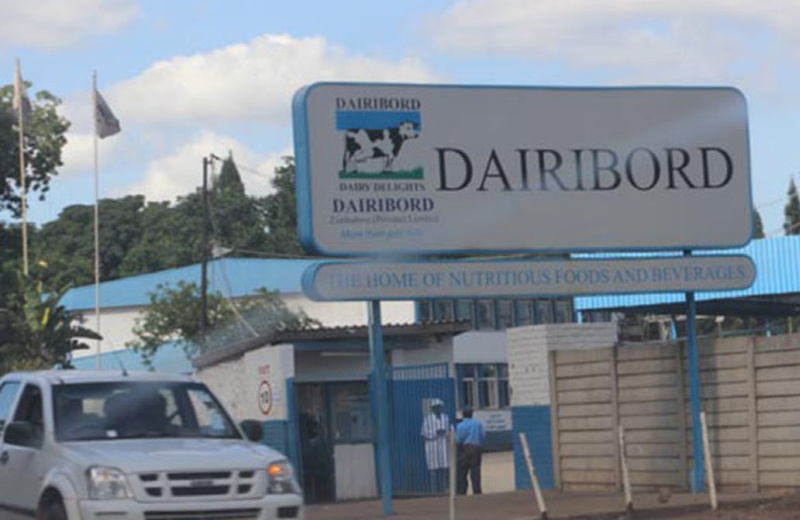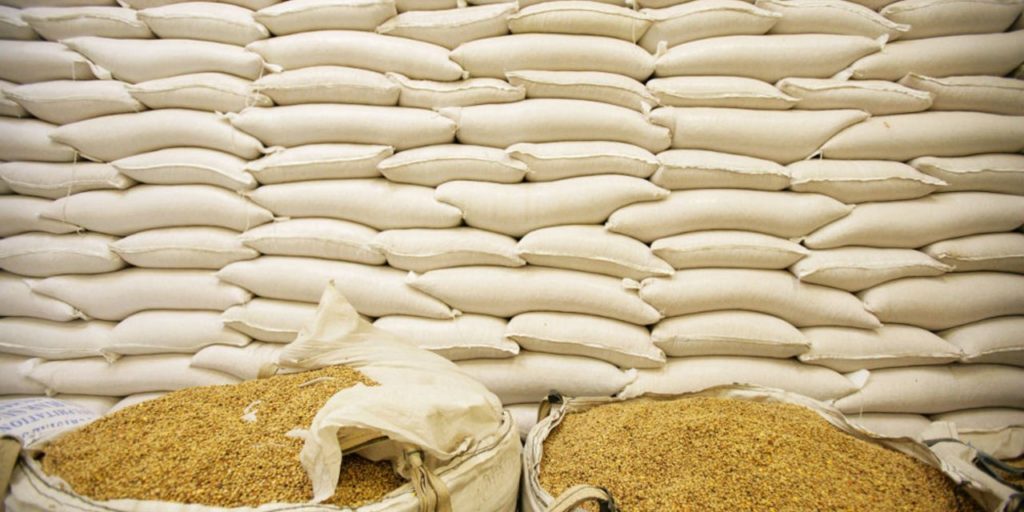Increased demand for small grains, legumes
Seed producer, Seed Co Limited says delayed rains have spiked demand for small grains and legumes and the development holds significant potential to claw back annual sales volume performance not only in Zimbabwe but also in neighbouring countries.
The production of small grains is not only critical for household food security, it is also beneficial to health and is climate-smart.
Climate-smart agriculture increases productivity and enhances adaptive capacity sustainably.
Small grain crops are drought-tolerant and suitable for semi-arid areas such as Matabeleland and Masvingo provinces.
The value attached to traditional grains had been so low that some were viewing the crops as varieties for the vulnerable.
But traditional crops such as sorghum, millet and rapoko are slowly becoming popular as people are becoming aware of their high nutritional value and improvement in technology which has seen the introduction of machinery for processing them.
In its latest trading update for the third quarter ended December 31, Seed Co said from an operational perspective, the delayed rains this season led to increased demand for small grains and legumes, extending into the last quarter of the financial year in Zimbabwe and neighbouring countries.
“This demand for small grains holds significant potential to clawback annual sales volume performance not only in Zimbabwe but also in neighbouring countries.
Regionally, record sales in East Africa and certain parts of Southern Africa were registered, which is anticipated to mitigate the overall impact of decreased trading in some Southern African markets that were adversely affected by El-Nino conditions.”
Regionally, record sales in East Africa and certain parts of Southern Africa were registered, which is anticipated to mitigate the overall impact of decreased trading in some Southern African markets that were adversely affected by El-Nino conditions.
In the third quarter, the total volume of Zimbabwe seed sales witnessed a 28 percent decline compared to the corresponding period in the preceding year, a consequence of delayed rains and diminished enthusiasm for cropping due to the El-Nino phenomenon.
“The increase in revenue, whether assessed historically or adjusted for inflation, aligns with increasing proportion of USD-denominated sales against the pronounced depreciation of the exchange rate and the resulting inflationary impacts.
“The enhanced profitability outcome can be credited to the restoration of profit margins and the alignment of the exchange rate with open market forces experienced in the better part of the first-half.”
The Meteorological Services Department (MSD) has predicted erratic and low rainfall patterns this year because of El Nino conditions which are expected to affect southern Africa as a result of climate change.
Zimbabwe and other southern African nations will face the realities of climate change in the coming summer cropping season.
Zimbabwe expects to receive normal to below-normal rainfall with parts of the Midlands and Matabeleland provinces getting below-normal rains for the beginning of the 2023/24 planting season, according to a preliminary weather forecast.
El Niño is a natural climate phenomenon characterised by warmer-than-normal sea surface temperatures in the central and eastern tropical Pacific Ocean.
This year’s El Niño event is expected to contribute to high levels of food insecurity in certain regions.
However, the Government is hastening to climate-proof the country’s agriculture through completion of key irrigation projects, especially in drier areas of the country as part of a host of measures to ameliorate negative effects of El Nino as preparations for the 2023/24 summer cropping season gathers pace.
For the 2023/24 summer cropping season, the Government is aiming to commit at least 70 316 hectares to irrigated maize production, with a potential of 400 000-500 000 metric tonnes production.
Government is also earmarked to provide support to three million rural and 500 000 peri-urban beneficiaries, with region-specific input packages encompassing seed, fertiliser and chemicals. -chroicle







